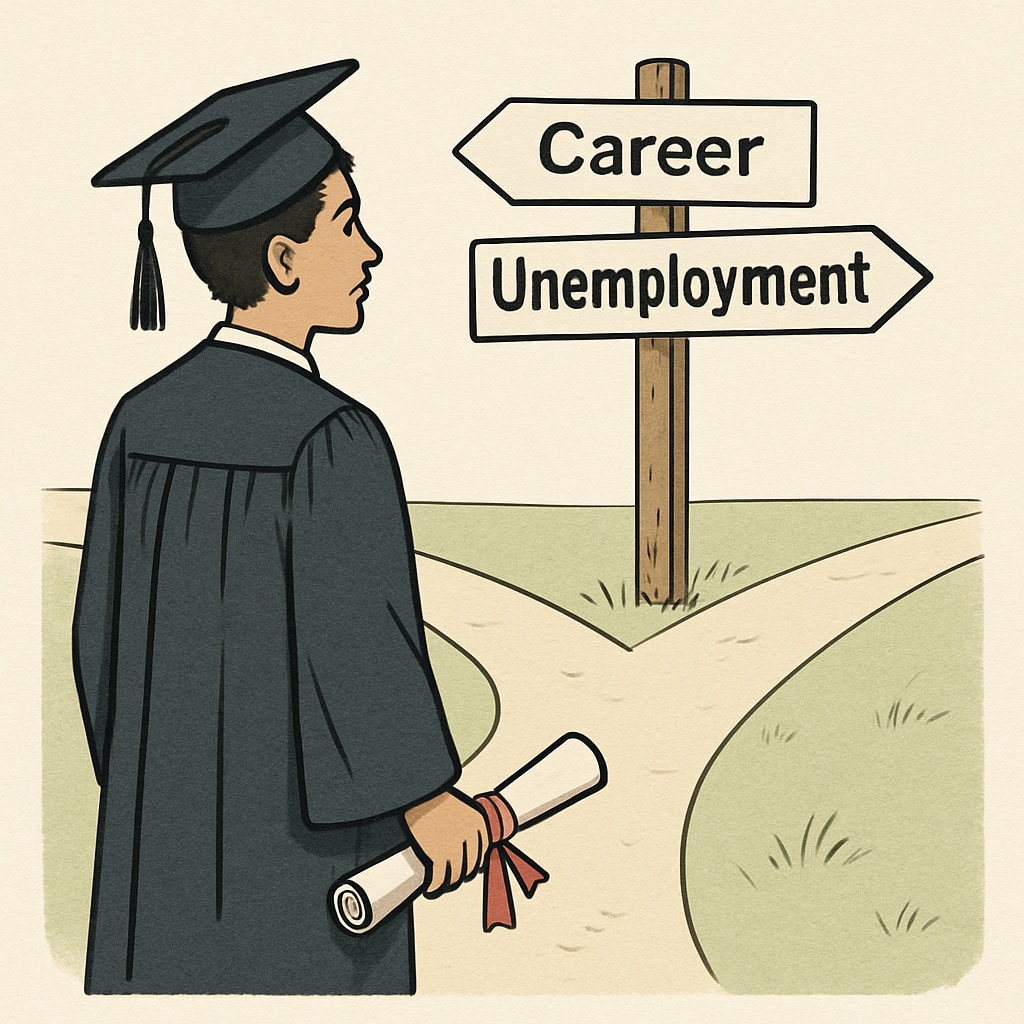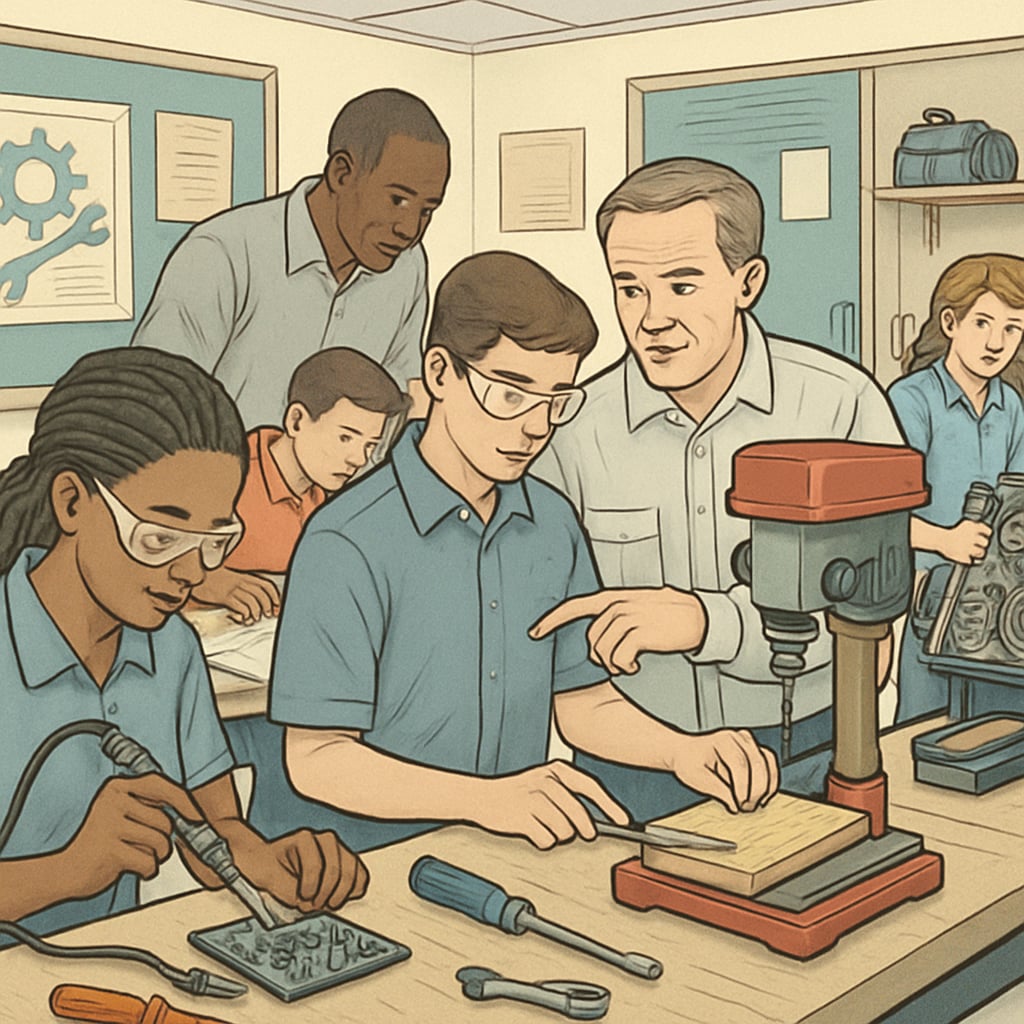In the current era of high unemployment, the traditional connection between education, employability, and academic achievement is being questioned like never before. While decades of societal norms have emphasized the importance of higher education as a gateway to career success, the rising unemployment rates suggest a growing disconnect between what people study and the skills demanded by employers. This article explores whether academic achievement continues to justify its role in ensuring job readiness, and whether the education system is equipped to meet the evolving needs of the modern workforce.

Is Academic Achievement Losing Its Value in Employment?
Academic achievement has historically been perceived as the cornerstone of employability. From GPA to prestigious degrees, students are encouraged to pursue academic excellence to secure well-paying jobs. However, recent studies reveal a significant gap between academic qualifications and job market requirements. For example, graduates in fields like liberal arts face particularly high unemployment rates compared to those in technical or vocational sectors. This raises the question: Is the traditional emphasis on academic achievement out of sync with the realities of today’s job market?
In addition, employers are increasingly prioritizing skills such as adaptability, problem-solving, and digital literacy—attributes that are often underemphasized in traditional education. As a result, many highly educated individuals are finding themselves underemployed or even unemployed. This shift underscores the need to reassess the value of academic achievement in a rapidly changing economy.
Education Value: Beyond Degrees and Diplomas
While academic qualifications remain an important metric, their standalone value is diminishing in the face of practical skill gaps. Education value today extends beyond degrees and diplomas; it includes real-world competencies such as communication skills, teamwork, and technical expertise. For instance, coding boot camps, trade schools, and online certifications are gaining popularity for their ability to equip individuals with job-specific skills in a shorter time frame.
This trend suggests that education systems need to diversify their offerings. By integrating practical training, internships, and project-based learning, schools and universities can better prepare students for the realities of the labor market. Additionally, employers and educators must collaborate to ensure that academic curricula align with industry demands. This alignment is vital to improving both employability and the overall value of education.

What Can Be Done to Address This Gap?
To bridge the gap between education and employability, several measures can be undertaken:
- Reform curricula to include more practical and interdisciplinary skills.
- Promote vocational and technical education alongside traditional academic paths.
- Encourage lifelong learning through accessible online courses and certifications.
- Strengthen partnerships between universities and businesses to create work-ready graduates.
- Shift societal perceptions to value skills and competencies over mere academic credentials.
These strategies can help redefine the role of education in ensuring career success, making it more adaptable to modern needs.
The Future of Education in a High Unemployment Era
As unemployment rates remain high, the education system faces the challenge of proving its relevance in a competitive and dynamic job market. Redefining education value to focus on employability rather than academic prestige is critical. The future lies in creating adaptable learning paths that prioritize both theoretical knowledge and practical skills.
In conclusion, while academic achievement remains a significant milestone, its standalone impact on career success is weakening. By embracing innovative educational models and emphasizing skills over grades, society can better prepare individuals for the challenges of the modern workforce.
Readability guidance: This article uses short, clear paragraphs and lists to summarize key points. It avoids excessive jargon while maintaining a professional tone. Transition words are incorporated for smooth flow, and passive voice usage is minimized.


